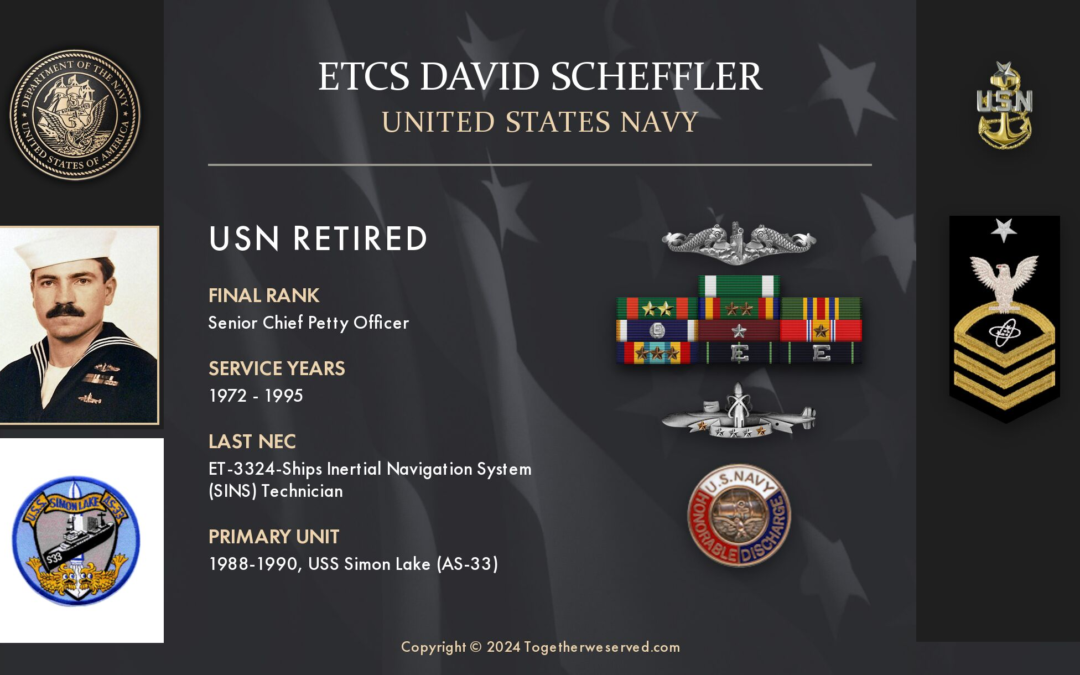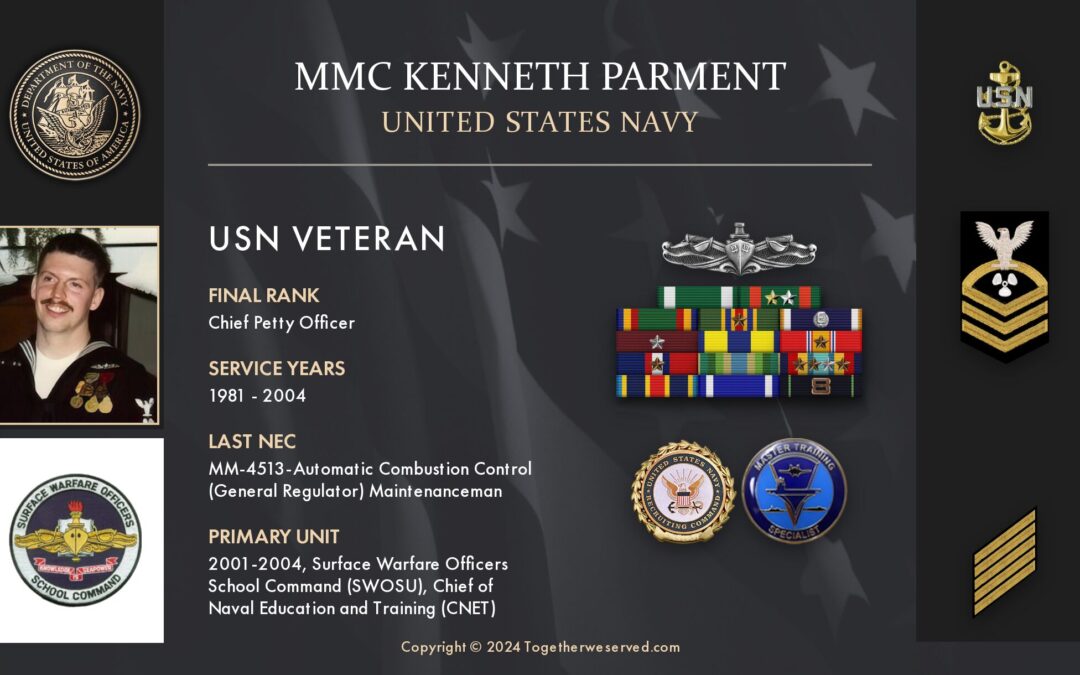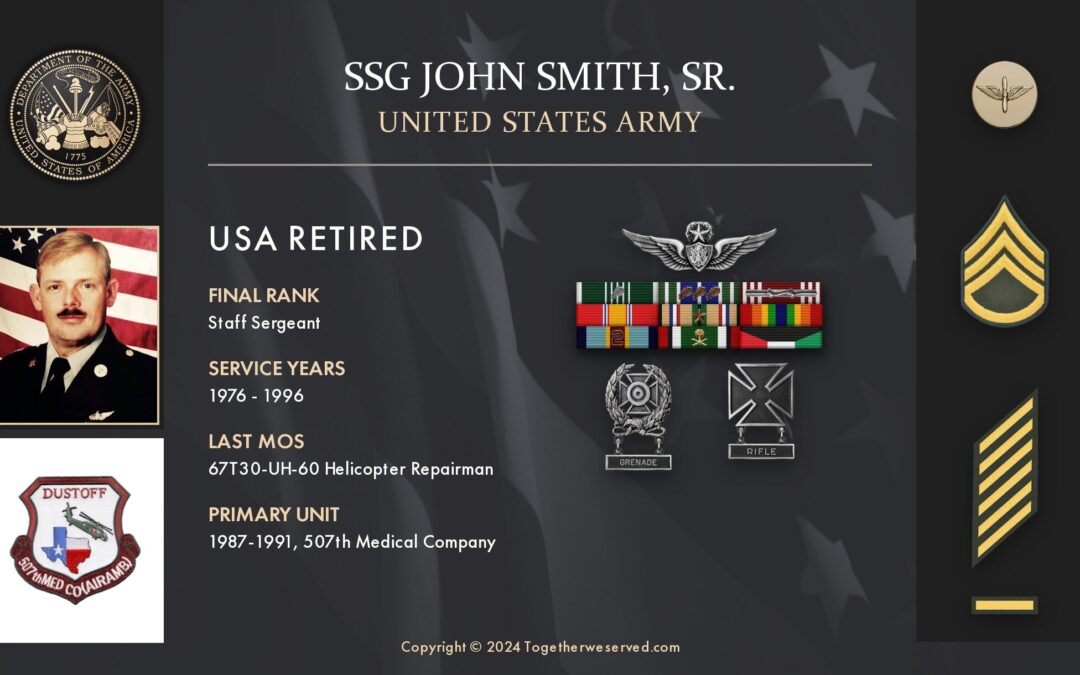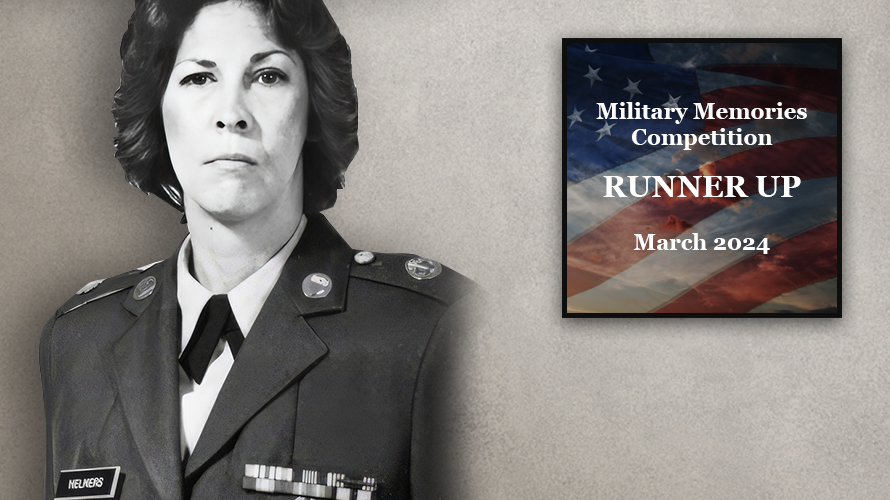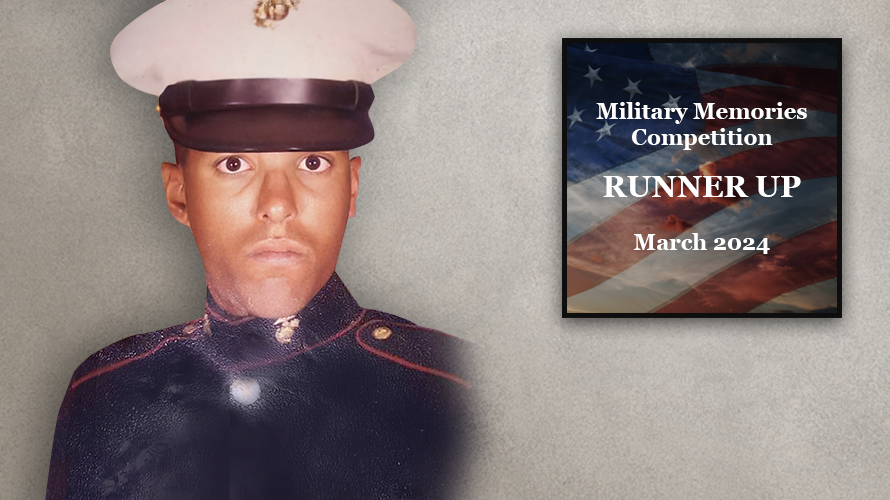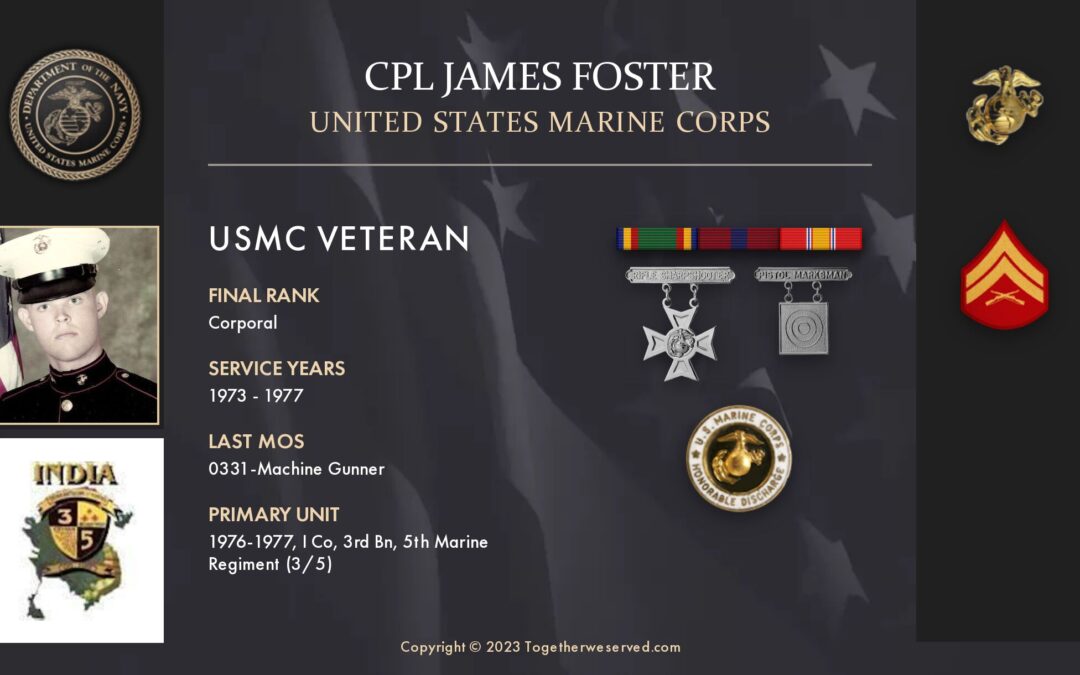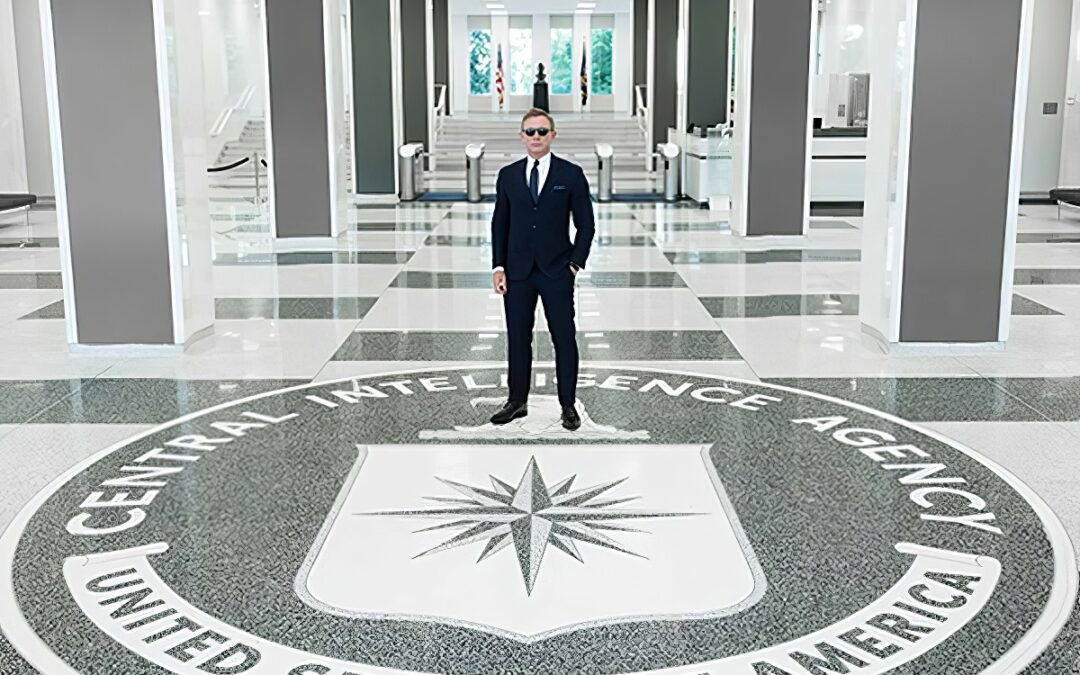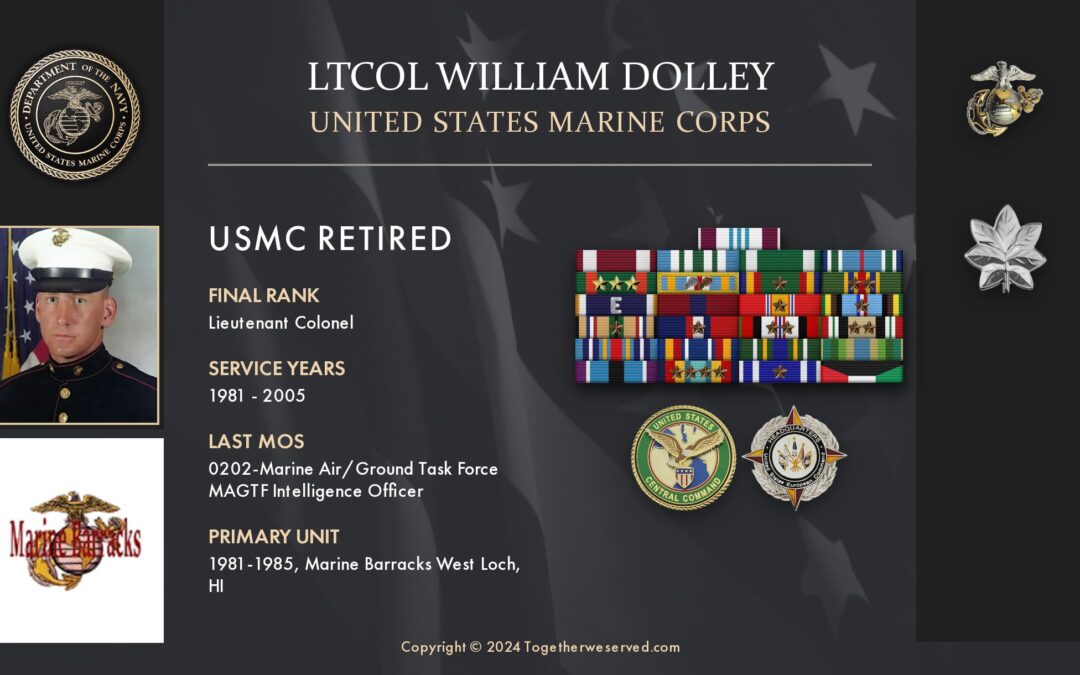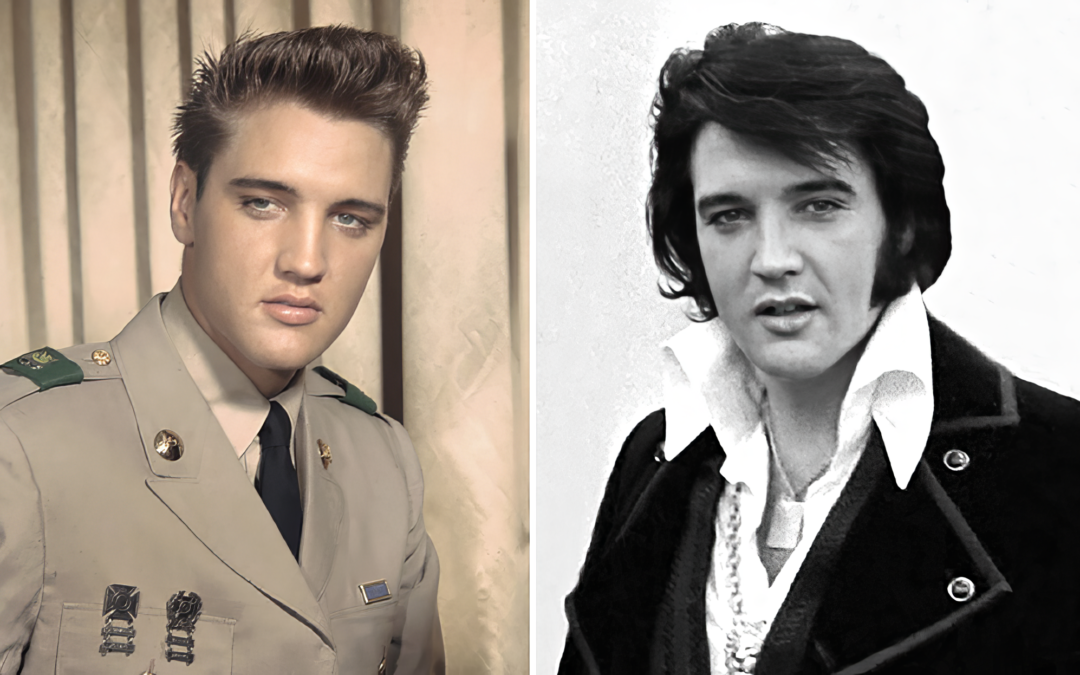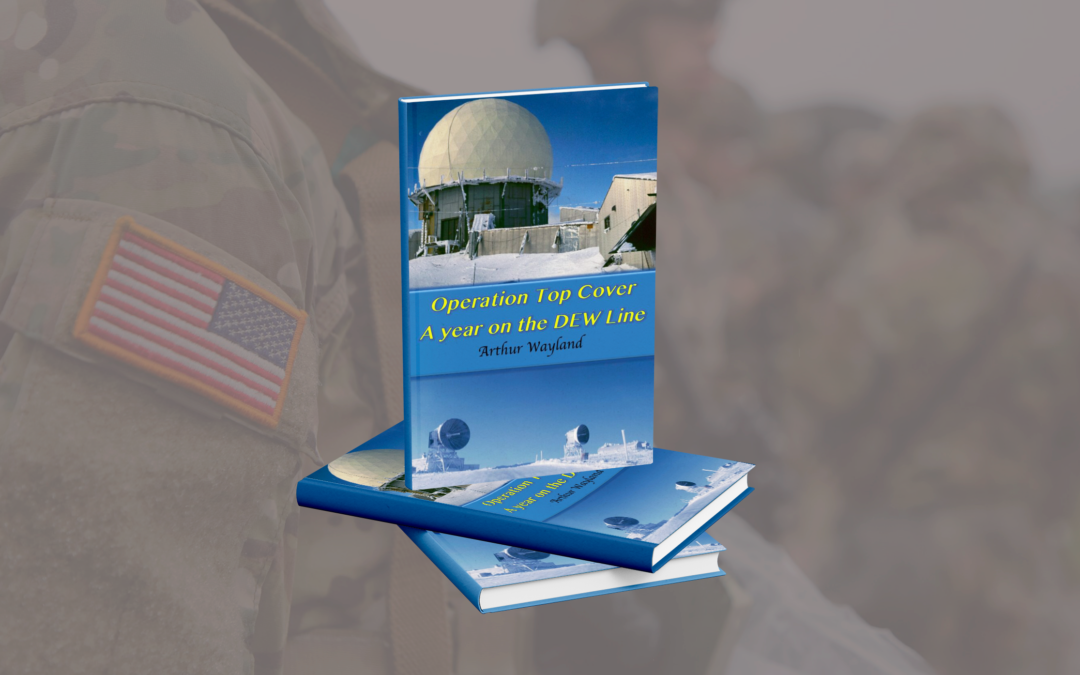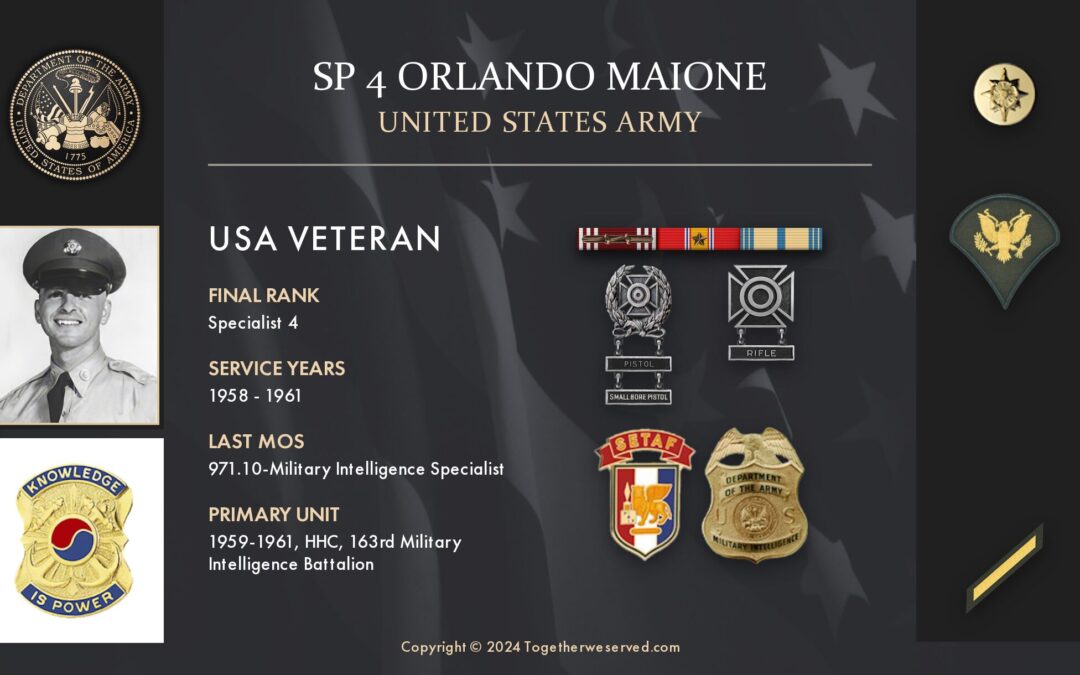PRESERVING A MILITARY LEGACY FOR FUTURE GENERATIONS The following Reflections represents ETCS David Scheffler's legacy of his military service from 1972 to 1995. If you are a Veteran, consider preserving a record of your own military service, including your memories and photographs, on Togetherweserved.com (TWS), the leading archive of living military history. The following Service Reflections is an easy-to-complete self-interview, located on your TWS Military Service Page, which enables you to remember key people and events from your military service and the impact they made on your life. Start recording your own Military Memories HERE. Please describe who or what influenced your decision to join the Navy. The Next Adventure I served in the US Army during the Vietnam War, developing a sense of Duty and Service. As my 'Sense' of duty developed, I simply knew that I was born to serve. Perhaps I was influenced by my years as a Boy Scout sitting around myriad campfires listening to the...
